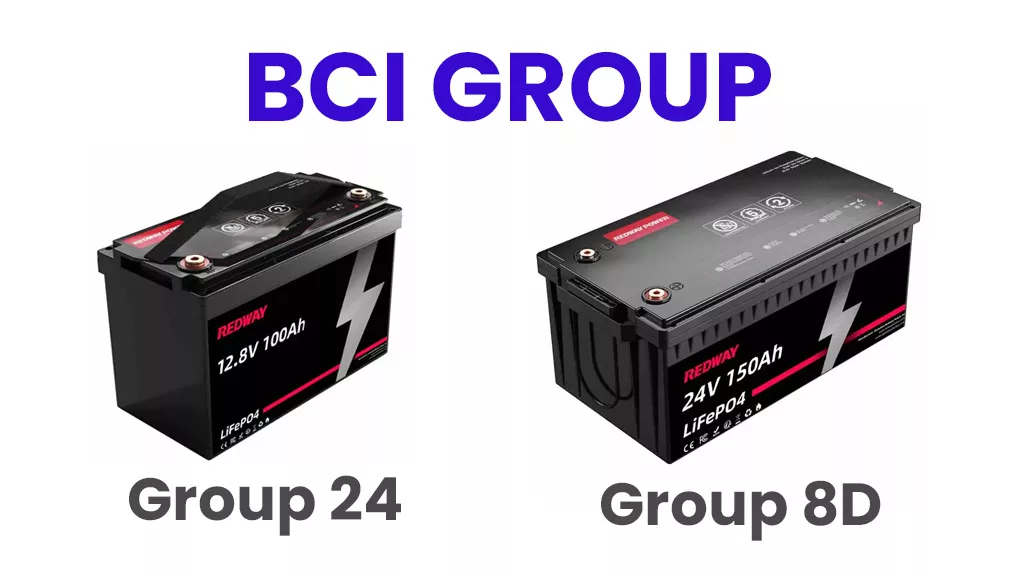When comparing deep cycle batteries to lithium batteries, it’s essential to understand their distinct characteristics, advantages, and disadvantages. Both types serve specific applications and have unique benefits, making them suitable for different scenarios.
Understanding Deep Cycle Batteries
What Are Deep Cycle Batteries?
Deep cycle batteries are designed to provide a steady amount of power over an extended period. They are built to withstand repeated deep discharges and recharges, making them ideal for applications such as:
- Recreational vehicles (RVs)
- Boats
- Electric vehicles (EVs)
- Solar energy storage systems
Types of Deep Cycle Batteries
- Flooded Lead Acid: These are the most common type, requiring regular maintenance such as topping up with distilled water.
- Absorbed Glass Mat (AGM): These are sealed and maintenance-free, offering better resistance to vibration and shock.
- Gel Batteries: These use a gel electrolyte, making them spill-proof and suitable for tight spaces.
Advantages of Deep Cycle Batteries
- Cost-Effective: Generally less expensive than lithium batteries.
- Robustness: Can handle deep discharges without significant damage.
- Availability: Widely available in various types and sizes.
Disadvantages of Deep Cycle Batteries
- Weight: Heavier compared to lithium options.
- Lower Efficiency: Typically have a lower energy density and longer charging times.
- Limited Lifespan: Generally last fewer cycles than lithium batteries.
Understanding Lithium Batteries
What Are Lithium Batteries?
Lithium batteries, particularly Lithium Iron Phosphate (LiFePO4), are known for their high energy density and long lifespan. They are increasingly used in applications that require lightweight and efficient power sources, such as:
- Electric vehicles
- Portable electronics
- Renewable energy systems
Advantages of Lithium Batteries
- High Energy Density: Offers more power in a smaller size, making them lighter and easier to transport.
- Long Lifespan: Can last significantly longer than traditional deep cycle batteries, often exceeding 2,000 cycles.
- Fast Charging: Capable of charging quickly without damaging the battery.
Disadvantages of Lithium Batteries
- Higher Cost: More expensive upfront compared to deep cycle options.
- Temperature Sensitivity: Performance can be affected by extreme temperatures.
- Complexity in Charging: Requires specific chargers designed for lithium technology.
Comparative Analysis
| Feature | Deep Cycle Batteries | Lithium Batteries |
|---|---|---|
| Cost | Generally lower | Higher upfront cost |
| Lifespan | 500 – 1,000 cycles | 2,000 – 5,000 cycles |
| Weight | Heavier | Lighter |
| Energy Density | Lower | Higher |
| Maintenance | Requires regular maintenance | Maintenance-free |
| Charging Speed | Slower | Faster |
Use Cases for Each Battery Type
Deep Cycle Battery Use Cases
- Ideal for applications requiring sustained power over time, such as RVs or solar energy systems where deep discharges are common.
Lithium Battery Use Cases
- Best suited for applications needing lightweight solutions with high energy demands, such as electric vehicles or portable electronics.
Latest News on Battery Technology
Recent advancements in battery technology have highlighted several key trends:
- Improved Safety Features: New battery management systems (BMS) enhance safety during operation.
- Sustainability Initiatives: Manufacturers are focusing on eco-friendly production methods and recycling programs.
- Enhanced Performance Metrics: Research continues into improving energy density and charging speeds for both battery types.
Redway Expert Comment
“In our extensive experience at Redway Battery, the choice between deep cycle and lithium batteries depends on the specific application requirements. While deep cycle batteries offer cost-effectiveness and robustness for sustained power needs, lithium batteries excel in efficiency and longevity. Understanding these differences is crucial for selecting the right battery solution.”
Conclusion
Choosing between deep cycle and lithium batteries ultimately depends on your specific needs. If you require a cost-effective solution with the ability to handle deep discharges, deep cycle batteries may be the better choice. However, if you prioritize weight, efficiency, and longevity, lithium batteries stand out as the superior option. Assess your application carefully to determine which battery type best meets your requirements.



